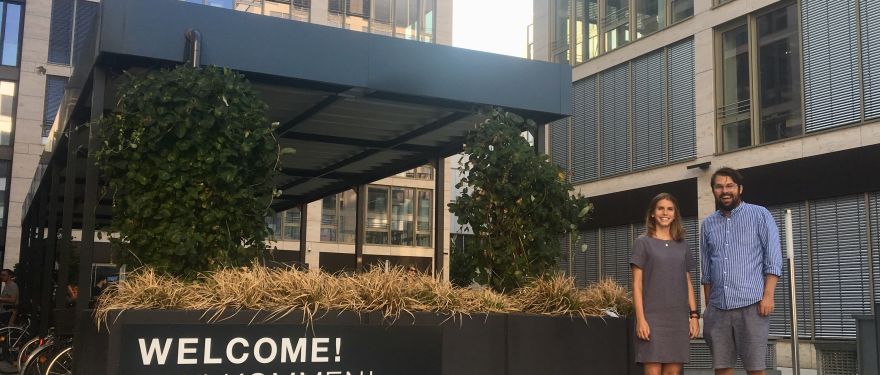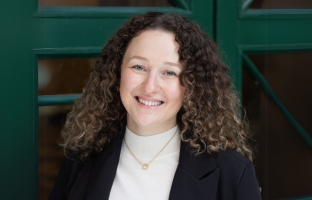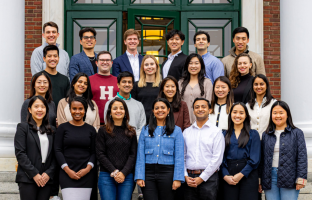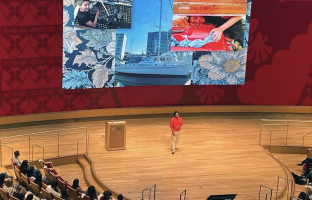The first year at Harvard business School gives you a breadth of courses to sink your teeth into. One of the real benefits of studying such a range of materials in the first year, is how easily I was able to apply my learnings while interning at Zalando, the leading fashion platform in Europe.
Of course, it is possible to apply subjects like strategy or marketing to any company that you work for, especially if you are working in the strategy department. However, here are three other examples of what I found very interesting and relevant during my summer, which I learned about in my first year at HBS.
First, working in Berlin with a truly multicultural team for the first time in my career, highlighted to me the importance of understanding cultural diversity, and personal preferences, which was the main learning point of our FGI (Field Global Immersion) course. Furthermore, it was interesting to note how culturally sensitive Zalando has to be as a company due to operating so closely to the customer in so many different countries. It often feels like Europe can be treated as one country, but for a digital disruptor to be successful, each and every country needs a localized approach. The way Norwegians may want to buy clothes is very different to the way Spaniards are going to buy clothes, not only for the fashion but also for their preferred mode of payment, delivery, etc.
Secondly, I found the concepts that we learned about in LEAD (Leadership and Organizational Behavior) very applicable to the workplace. As a company grows rapidly, it is important to understand the needs of the different departments and align them towards the same direction as quickly as possible. I used these learnings during the summer when thinking about whether Zalando needed to apply radical changes or incremental ones, or whether a change needed to come from the top or from the employees working on the front line.
Thirdly, TEM (The Entrepreneurial Manager) was quite clearly relevant, even for a company that is now the largest online fashion retailer in Europe. The culture of intrapreneurship is still very much alive, where different business ideas are harvested from the whole workforce, incubated and grown under the supervision of very senior executives. Then if successful, these young businesses can be split out into their own entities to make sure that efficiencies between the different business units are still achieved.
Now sitting and looking forward to my second year at HBS, I realize that my internship was not only applicable for putting the concepts I learned about into practice, but also for helping me decide what I want to study in my second year. The choices in the second year are quite overwhelming, but I am sure this experience will help me focus on what is essential and useful for the leadership roles I want to pursue in the future within the online and fashion industries.






.png&w=80&h=80)
